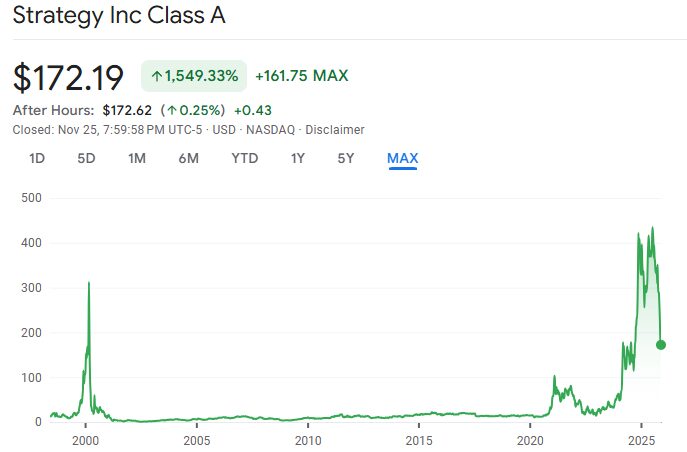MegaETH's $500 Million Technical Issues Underscore DeFi's Ongoing Challenges with Maturity
- MegaETH abandoned plans to expand its $250M token sale after technical failures froze deposits at $500M and triggered unintended transactions. - The protocol announced retroactive compensation for affected users but faced criticism over preventable errors in KYC systems and multisig execution. - The incident highlights DeFi's operational challenges, contrasting with Aztec's success in achieving full decentralization with 525 validators. - Critics argue such missteps risk eroding trust in protocols promis
MegaETH, an
The pre-deposit round, which was meant to let verified participants reserve MEGA tokens, fell apart on Tuesday due to misconfigurations in the KYC system and an accidental multisig transaction. A cap-increase transaction was triggered too early, letting more funds in and causing the total to exceed the intended cap. The team blamed the disruption on heavy traffic to the pre-deposit site and conceded, "we hold ourselves to a higher standard and accept full responsibility"

The difficulties faced by MegaETH underscore the increasing complexity of the decentralized finance (DeFi) industry, where flawless technical execution is critical. The protocol, which positions itself as a rival to established Web2 systems, is now under scrutiny for its ability to handle large-scale operations. In contrast, Aztec, another Ethereum layer-2 initiative, recently launched the fully decentralized Ignition Chain and
This episode comes as DeFi projects strive to balance rapid innovation with operational reliability.
MegaETH's developers have recognized the importance of transparency and have pledged to offer a "retro and withdrawal option" for users who were affected. Nevertheless, some critics warn that these errors could damage confidence in the protocol's ability to meet its technical commitments.
The DeFi sector as a whole continues to experience instability, with figures such as Byju's founder Byju Raveendran
Disclaimer: The content of this article solely reflects the author's opinion and does not represent the platform in any capacity. This article is not intended to serve as a reference for making investment decisions.
You may also like
Is DAT Boom Collapsing? All Eyes on MSCI’s Deadline

Bitcoin Updates: Senate Decision on Crypto Approaches While ETFs Lose $3.5B and Market Liquidity Declines
- A $101M crypto futures liquidation in October triggered a 30% Bitcoin price drop, marking the largest single-day selloff since 2022 amid ETF outflows and macroeconomic uncertainty. - $3.5B in November ETF redemptions and $4.6B stablecoin outflows highlight liquidity tightening, while leveraged traders face heightened volatility risks as retail investors retreat. - The U.S. Senate's upcoming crypto market structure bill could redefine regulatory clarity, potentially attracting institutional investment if

Ethereum Updates Today: Staked ETH ETFs Ignite Debate Over Decentralization Versus Profit
- Institutional investors and corporate treasuries continue aggressively accumulating Ethereum , with BitMine Immersion (BMNR) holding 3.5M ETH (3% of supply) after a $60M recent purchase. - Despite $3.2B in crypto fund outflows and BMNR's 30-day 50% stock decline, the firm pivoted to a staking-focused model via its Made in America Validator Network (MAVN). - BlackRock's proposed staked ETH ETF intensified concerns about Wall Street's influence, prompting Ethereum co-founder Vitalik Buterin to warn against

Bitcoin Updates: The Eco-Friendly and Secure Transformation of Crypto Fuels Widespread Acceptance
- BI DeFi launches a compliance-focused platform with cold storage and automated crypto yields, targeting passive income amid volatility. - GrnBit’s Bitcoin Mining Fund offers institutional-grade, energy-efficient mining in Alabama, leveraging low-cost TVA power and sustainable hardware. - Innovations like multilingual apps (CryptoAppsy) and Microsoft’s on-device AI aim to boost crypto accessibility and privacy, aligning with rising institutional demand. - Policy debates over Fed leadership (e.g., Kevin Ha